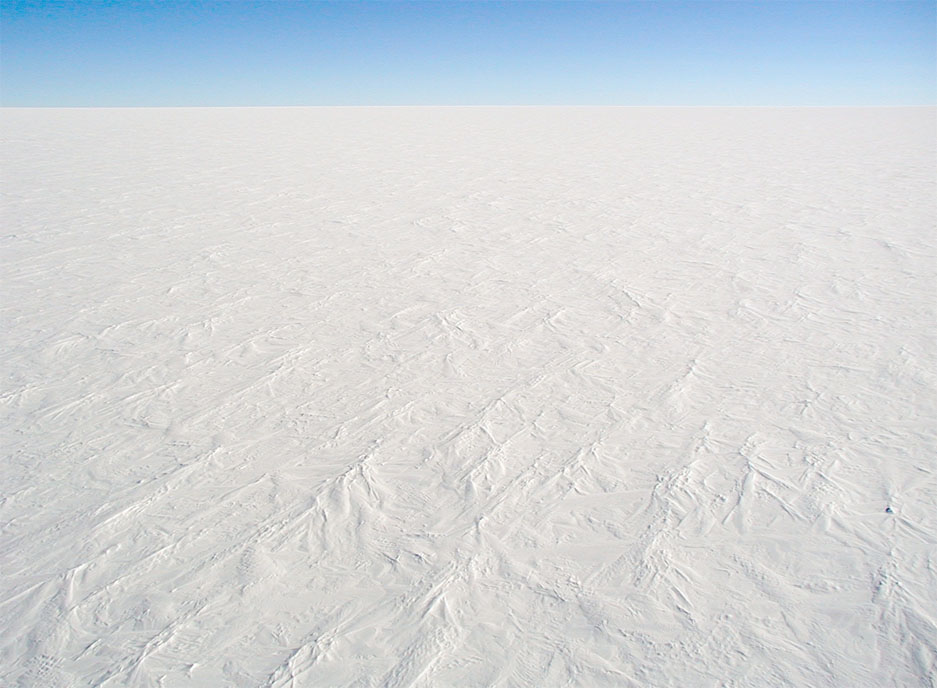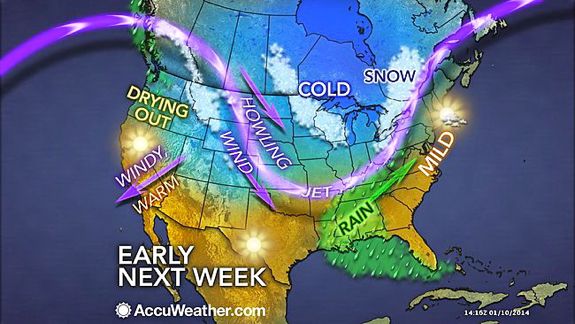 |
| Cool! |
Recently and for amusement, TOF has been rereading a potboiling SF adventure from the 80s entitled
The Sixth Winter by Douglas Orgill and John Gribbin. It was written during the Global Cooling scare and involved the sudden onset of a new ice age. TOF found interesting the following, supposedly an excerpt from a report:
FIVE: In warm decades, such as those prior to 1950, this jet [stream] follows an almost perfect circle around the globe. At the same time, it pushes with it a succession of weather systems: rain, followed by a dry spell, more rain, and so on. But when the atmosphere cools, the jet stream becomes more erratic, swinging in zigzags, first north then south, and becoming very weak and susceptible to disturbances caused by sea temperature and by snow and ice on land and sea.
SIX: Recent severe weather conditions in North America and elsewhere are a result of this weaker, more erratic pattern of windflow. High pressure building over the southwestern United States seaboard, aided by ocean temperature conditions, zigzags the jest stream so that it is too weak to push the "blocking high" system away. A dominant flow from northwest to southeast is established across the whole of the United States east of the Rockies, encouraging the southward flow of the jet stream and cooling a great area of ocean south of Newfoundland. The severe United States winters of 1977 and 1978 marked the return of this pattern as a common feature after more than 100 years of relatively equable weather.
Anyone who has seen the hoo-hoo about the "polar vortex" on the weather reports during the recent cold spell immediately recognizes the pattern described by Gribbin, although it is today blamed on global warming, rather than global cooling -- or at least (tautologically) on "climate change." Elsewhere in
The Sixth Winter, characters ascribe to the cooling climate of those days the more variable and extreme weather that is today ascribed to a warming climate.
Ah, sure, and it's the wonderful modern age we live in. "Men are always powerfully affected by the immediate past," Belloc wrote. "One might say that they are blinded by it." So in the 1970s they wrote of global cooling, ironically at about the time temperatures turned around and began to warm again. After another thirty years or so, interest in warming reached a pitch -- just in time for temperatures to flatten out and begin to drop again, as the had done after the peak in the 1940s.






